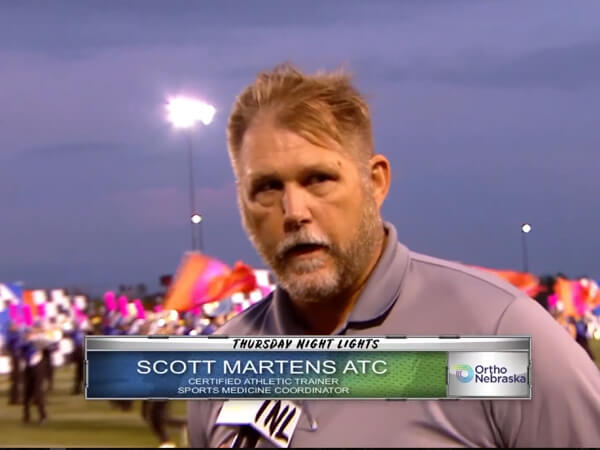10/04/2017
Recent research has identified alarming statistics concerning the long term effects of concussions. A concussion is essentially an injury to the brain due to a blow to the head. High school football players alone suffer 43,000 to 67,000 concussions per year, though the true incidence is likely much higher – as more than 50% of concussed athletes are suspected of failing to report their symptoms. Children and adolescent brains take longer to recover from the effects of a concussion than the brain of an adult. Approximately 25% of individuals 18 years of age or younger may not return to pre-injury brain function for four weeks or longer following concussion.
Signs and symptoms of a concussion
- Difficulty Concentrating
- Dizziness or Confusion
- Emotional Changes
- Headache
- Impaired Vision
- Impaired Balance
- Loss of Consciousness
- Memory Deficits
- Nausea/Vomiting
- Sleep Disturbance
The efforts to prevent and better manage concussions have recently led to new guidelines. One of the newest and most promising tools available to assist with determining when an athlete has recovered from a concussion is neuropsychological testing. This type of testing assesses memory, attention, reaction time, mental speed, processing and visual memory.
Ideally, the test is given prior to the start of a season to determine an athlete’s baseline function. If a concussion occurs, it is then re-administered periodically (i.e. 48 hours, 7 days, 2 weeks…) to determine when brain function has returned to baseline measures.
OrthoNebraska uses a program known as ImPACT, one of the most widely used and accepted neuropsychological testing programs. OrthoNebraska provides this testing program to area high schools where we provide sports medicine coverage to help in the evaluation of concussions. It is imperative for everyone involved in sports where concussions may occur to be aware of the issue and use available resources to help minimize the risks.
Call (402) 609-2800 if you are seeking treatment for a concussion.



